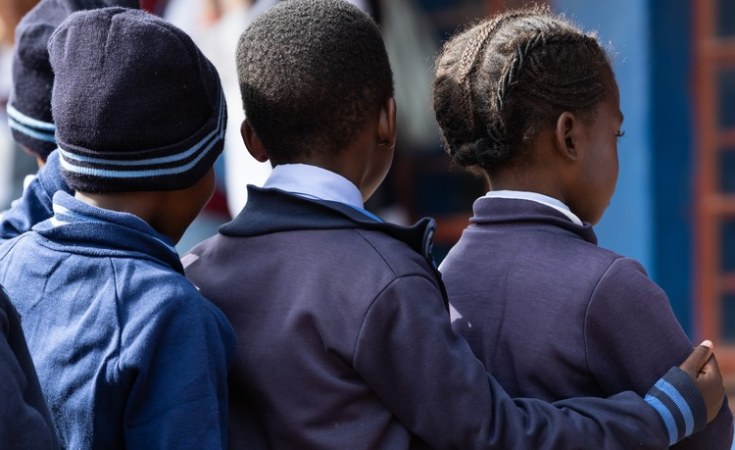New York — In 2021 alone, almost 24,000 grave violations of children's rights in war were documented by the United Nations - these included killing and maiming, sexual violence, use and recruitment, and abductions. Schools and hospitals were destroyed, and humanitarian relief was denied on arbitrary grounds, depriving children of vital services. More children now live in conflict zones than in the past two decades.
One critical tool created to address violations against children in war is the UN Secretary-General's Annual Report on Children and Armed Conflict, in which he includes States and armed groups responsible for such violations in his "list of shame." Myanmar government forces, the Taliban in Afghanistan, the Ejército de Liberación Nacional (ELN) in Colombia, and Al-Shabaab in Somalia, to name a few, are currently included in this list.
Some parties responsible for harming children are not included in the list, while others are listed for only some of the violations they have committed. Some have even been removed from the list before they have fully complied with children's safeguards
The list helps protect children and ensures accountability by identifying warring parties and securing commitments to prevent violations through the adoption of UN action plans. It creates tangible, positive changes for children affected by war. Importantly, the listing is based on verified data collected by a global monitoring mechanism.
Despite the fact that the listing mechanism has improved the protection of children in various conflicts, civil society organizations and UN Member States have raised concerns about the process for determining which perpetrators are included by the Secretary-General in his Annual Report.
They have noted that any politicization of the decision-making process to list parties threatens to undermine its credibility, weakening the mechanism's legitimacy as a tool for ensuring accountability, promoting compliance, and preventing future harm to children. These concerns are due to inconsistencies between the data on violations included in the Report's narrative section and the parties listed in its annexes.
Specifically, some parties responsible for harming children are not included in the list, while others are listed for only some of the violations they have committed. Some have even been removed from the list before they have fully complied with children's safeguards. In a 2021 report, an eminent group of international experts on children's rights identified "dozens of cases where multiple and egregious violations did not lead to listing or where listing decisions reflected unexplained inconsistences."
Watchlist on Children and Armed Conflict emphasizes the salience of evidence-based and consistent listing decisions. Protecting children from being harmed in war should never be subject to political considerations. It is crucial to address the abovementioned concerns and ensure that the listing mechanism remains an effective tool for protecting children.
The UN Secretary-General must publish a complete list of perpetrators that accurately reflects verified data on violations. It is time to uphold existing protection frameworks and promote accountability for violations against children's rights irrespective of who the perpetrators are.
Dr. Ezequiel Heffes is Director, Watchlist on Children and Armed Conflict


